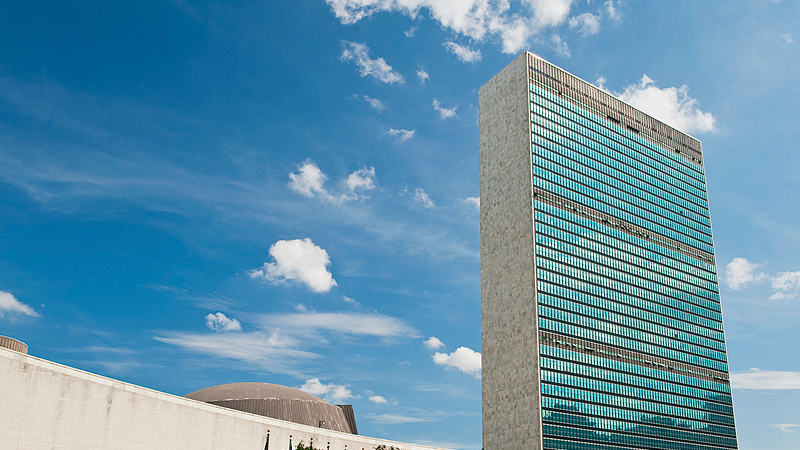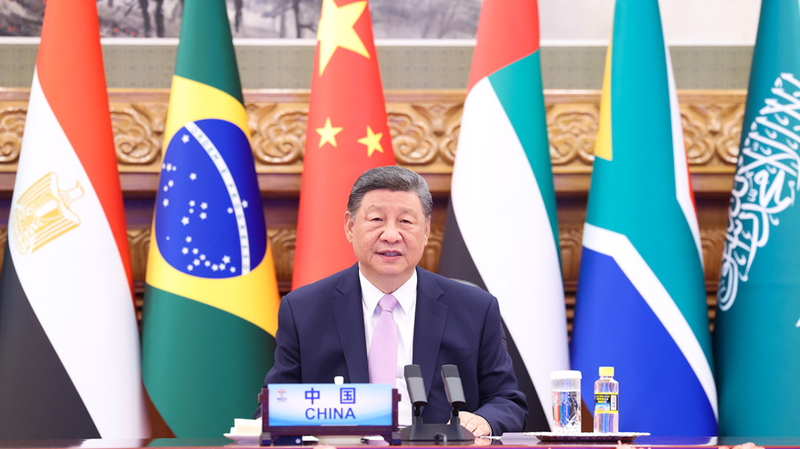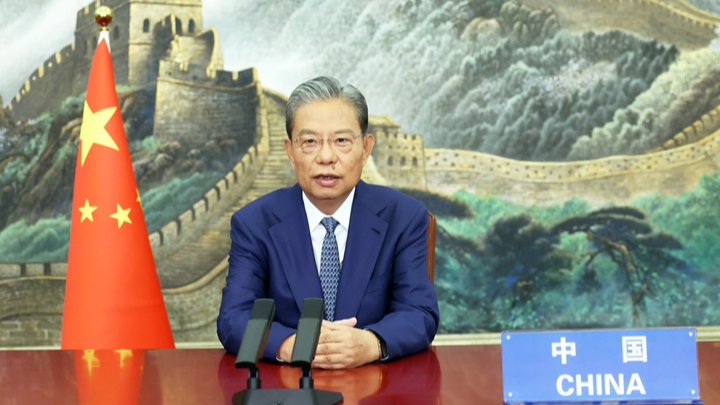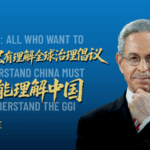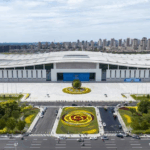As global challenges like climate change and geopolitical tensions intensify, China has stepped into the spotlight with its Global Governance Initiative (GGI)—a fresh roadmap for international cooperation. Unveiled at a recent UN-focused forum, the GGI is sparking conversations about how nations can work together more effectively. Let’s break it down. 🕵️♂️
Why Now?
China’s UN ambassador, Fu Cong, emphasized that the GGI responds to a world where the Global South feels underrepresented and unilateralism is on the rise. Think of it as a software update for the 80-year-old UN system—keeping the core code but patching bugs. 🛠️
Five Pillars of the GGI
- 🤝 Sovereign equality: No nation gets to play 'boss.'
- ⚖️ International rule of law: Rules apply to everyone.
- 🌐 Multilateralism: Teamwork makes the dream work.
- 👥 People-centered approach: Prioritizing human needs.
- 🚀 Concrete actions: Less talk, more doing.
What’s the Big Idea?
According to a Chinese Foreign Ministry paper, the GGI isn’t about tearing down the current system (looking at you, 'China as subverter' rumors 👀). Instead, it’s about making global institutions like the UN faster, fairer, and more responsive—especially for developing countries. UN chief Antonio Guterres has already praised its focus on multilateralism. 🌟
Experts Weigh In
Researcher Tian Dewen called China a 'defender, builder, and reformer' of the post-WWII order. Translation? China’s not here to start a new game—just to level up the existing one. 🎮 Meanwhile, analyst Long Chen stressed that the GGI counters narratives framing China as a 'disruptor,' highlighting its track record of supporting UN-led solutions.
Whether the GGI becomes the next global playbook remains to be seen. But one thing’s clear: in a world craving cooperation, this initiative is hitting all the right notes. 🎶
Reference(s):
Explainer: What is the China-proposed Global Governance Initiative?
cgtn.com
